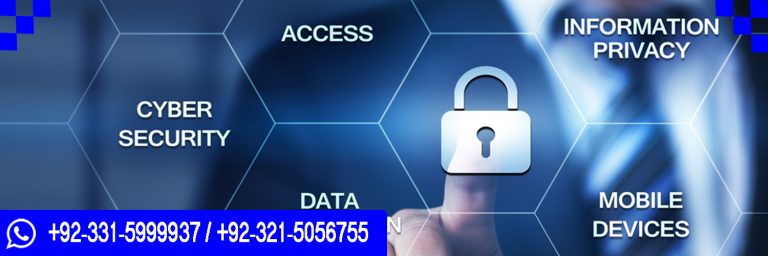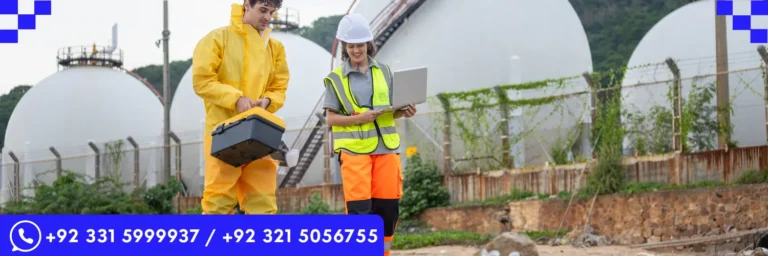The ICTQual Level 2 Diploma in Energy Efficiency and Renewable Technologies is designed for learners who want to gain foundational knowledge and practical skills in energy efficiency, renewable energy, and sustainable technologies. This program provides a comprehensive overview of energy management principles, renewable energy sources, and strategies to reduce energy consumption across various sectors. Through a combination of theoretical learning, project-based activities, and industry exposure, learners will develop the competence to contribute to sustainable energy initiatives and support organizations in achieving energy efficiency goals. The course is ideal for school leavers, early-career professionals, and anyone seeking to enter the renewable energy and energy management sectors.
Course Overview
Qualification Title: ICTQual Level 2 Diploma in Energy Efficiency and Renewable Technologies
Awarding Body: ICTQualAB
Total Units: 10
Total Credits: 20
Mandatory Units
- Introduction to Energy Management
- Renewable Energy Sources
- Energy Efficiency Measures
- Energy Storage and Distribution
- Sector-Specific Applications
- Policy and Financial Incentives
- Health, Safety, and Environmental Considerations
- Emerging Technologies and Trends
- Project-Based Learning
- Industry Visits and Guest Lectures
Course Study Units and Learning Outcomes
Introduction to Energy Management
- Understand fundamental concepts of energy and its uses
- Recognize the importance of energy efficiency
- Identify energy consumption patterns and trends
- Learn basic energy auditing techniques
- Apply energy-saving principles in everyday operations
Renewable Energy Sources
- Understand different types of renewable energy, including solar, wind, and hydro
- Analyze benefits and limitations of renewable technologies
- Learn principles of energy generation from sustainable sources
- Explore the environmental impact of renewable energy
- Assess feasibility of implementing renewables in real-world scenarios
Energy Efficiency Measures
- Identify key methods to reduce energy consumption
- Learn strategies for optimizing energy in buildings and industrial processes
- Evaluate performance of energy-efficient technologies
- Apply best practices for energy conservation
- Develop plans for sustainable energy improvements
Energy Storage and Distribution
- Understand energy storage technologies, including batteries and thermal storage
- Explore distribution systems for renewable energy
- Analyze challenges in energy supply and grid integration
- Learn methods to improve energy reliability and efficiency
- Evaluate energy storage solutions for different applications
Sector-Specific Applications
- Apply energy efficiency strategies to residential, commercial, and industrial sectors
- Identify sector-specific energy challenges
- Implement energy-saving practices in various contexts
- Understand operational and technical requirements
- Develop tailored solutions for energy optimization
Policy and Financial Incentives
- Learn about national and international energy policies
- Understand regulatory compliance requirements
- Explore financial incentives and schemes for energy efficiency
- Analyze funding options for renewable energy projects
- Apply policy knowledge to support sustainable energy initiatives
Health, Safety, and Environmental Considerations
- Understand safety procedures in energy operations
- Assess environmental risks associated with energy projects
- Learn sustainable practices to minimize ecological impact
- Apply occupational health and safety guidelines
- Promote safe and environmentally responsible energy solutions
Emerging Technologies and Trends
- Explore latest developments in renewable energy and efficiency technologies
- Understand smart grid and IoT applications in energy management
- Analyze trends shaping the energy sector
- Evaluate innovative solutions for energy challenges
- Apply emerging technologies to practical scenarios
Project-Based Learning
- Develop practical projects to apply theoretical knowledge
- Analyze real-world energy problems and propose solutions
- Document project processes and results effectively
- Collaborate with peers for knowledge exchange
- Present projects professionally
Industry Visits and Guest Lectures
- Gain insights from real-world energy operations
- Learn from experienced industry professionals
- Understand practical applications of energy efficiency and renewables
- Explore current industry challenges and solutions
- Network with professionals and stakeholders
Course Benefits
This diploma equips learners with foundational knowledge and practical skills to make meaningful contributions to energy efficiency and renewable energy projects. Participants gain confidence in applying energy management principles, optimizing energy usage, and supporting sustainable initiatives.
Key Benefits
- Develop practical knowledge of energy efficiency and renewable technologies
- Gain hands-on experience through projects and industry exposure
- Enhance career prospects in energy management, sustainability, and renewable sectors
- Improve problem-solving, analytical, and project management skills
- Learn to apply sustainable practices in real-world scenarios
Ideal Learner
This course is suitable for learners who want to start a career in renewable energy, energy efficiency, or sustainability. It is ideal for early-career professionals, students, or individuals seeking practical skills in energy technologies.
Ideal Learner Profile
- School leavers or college graduates interested in energy sectors
- Early-career professionals in engineering, facilities, or sustainability roles
- Individuals aiming to pursue further studies in energy or renewable technologies
- Learners seeking practical knowledge and industry exposure
- Professionals looking to implement energy-efficient solutions
Entry Requirements
Learners should meet the following criteria to successfully engage with the program:
Minimum Requirements
- Age: 16 years or older
- Educational Background: High school diploma or equivalent; technical qualifications in science or engineering are advantageous
- Experience: No prior work experience required
- Language Proficiency: Competent in English for study, assignments, and assessments
- Additional Requirements: Interest in energy management, renewable technologies, and sustainability
Who Can Enroll
This qualification is suitable for learners from academic, technical, or professional backgrounds who want to enhance their knowledge and skills in energy efficiency and renewable technologies.
Eligible Candidates
- School leavers or graduates pursuing careers in energy and sustainability
- Early-career professionals in engineering, facilities management, or environmental roles
- Individuals seeking practical skills in energy management and renewable systems
- Organizations aiming to upskill employees in energy efficiency practices
- Professionals looking to progress to higher-level energy qualifications
Future Progression
Completing the ICTQual Level 2 Diploma in Energy Efficiency and Renewable Technologies opens pathways to advanced qualifications, technical roles, and further professional development in energy management and renewable systems. Graduates can progress to supervisory positions, project roles, or specialized training in sustainability and energy technologies.
Future Opportunities
- Level 3 Diploma in Energy Management or Renewable Technologies
- Energy Efficiency Technician or Renewable Energy Assistant roles
- Facilities or Sustainability Officer positions
- Project support roles in energy and environmental management
- Further studies in energy systems, engineering, or sustainability certifications






